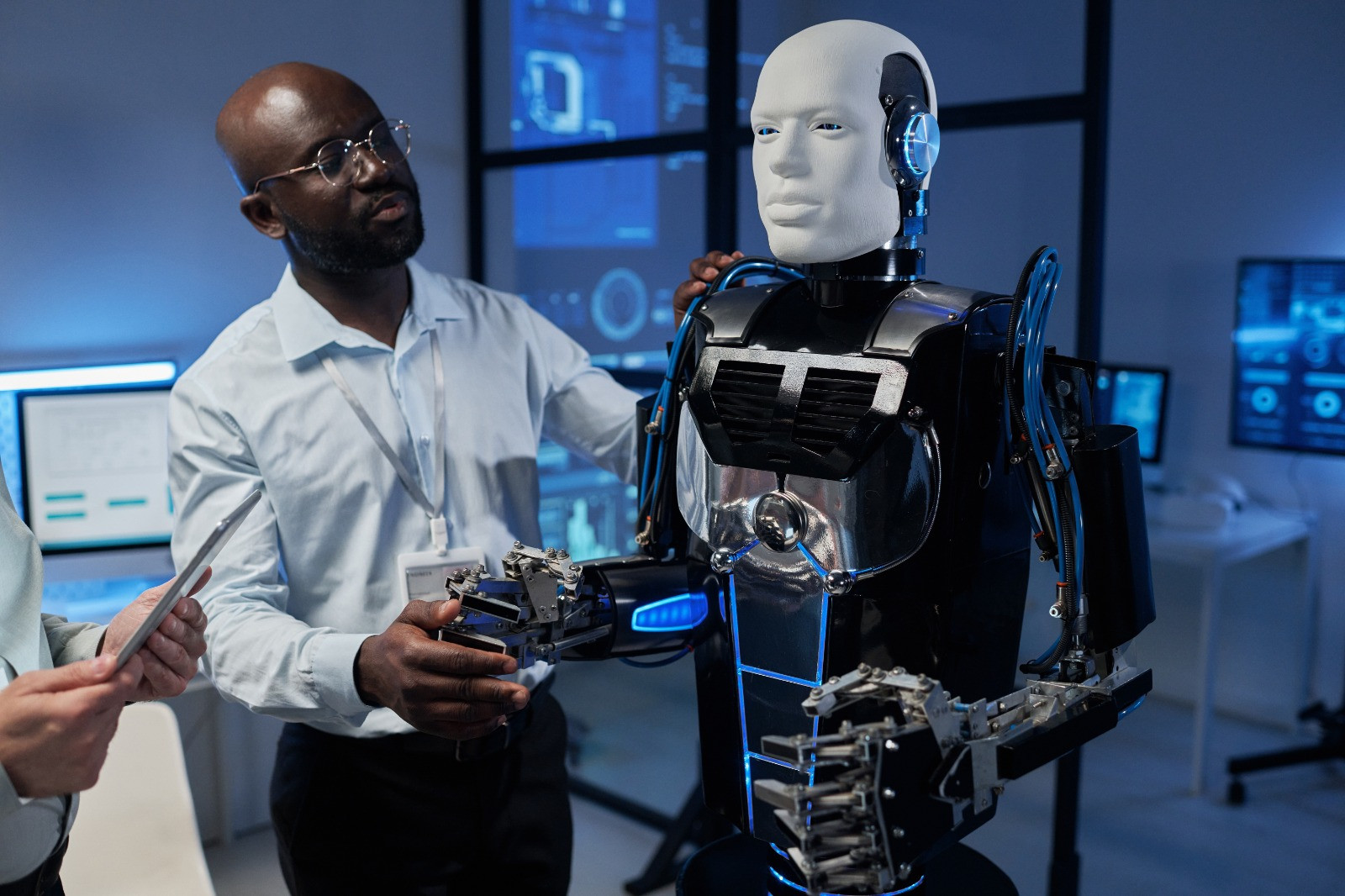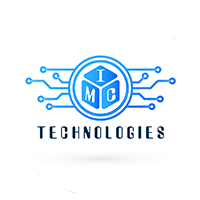Wizard Innovations transformed our vision into a digital reality. The website and apps they developed for Aris360 streamlined our property portal, enhancing user experience. Their expertise and dedication made them an invaluable partner in our success.
Wizard Innovations exceeded our expectations in creating a dynamic website and CMS portal. Their solutions significantly boosted our online visibility and improved patient engagement. We're grateful for their commitment to advancing healthcare through technology.
SnappStay's success is intertwined with Wizard Innovations' expertise. Their web portal and mobile apps elevated our vacation rental platform, resulting in increased property listings and user engagement. Wizard Innovations truly understands the pulse of the rental property market.
Wizard Innovations played a pivotal role in establishing our online presence. Their website and strategic social media marketing transformed Tristar Finance's visibility, attracting a broader clientele. We appreciate their seamless integration of web development and marketing prowess.
Straight Forward Lending's growth is indebted to Wizard Innovations. Their website and marketing campaigns streamlined our loan services, attracting clients with transparency and simplicity. Wizard Innovations delivered not just solutions but a pathway to success.
Wizard Innovations elevated our construction brand with an impressive website and active social media presence. Their digital solutions showcased our portfolio effectively, positioning Raddue Builders as an industry leader. They're masters at merging creativity with industry-specific needs.
Wizard Innovations delivered a perfect video animation at the right price. I'm very satisfied and would use them again.
We reached out to Wizard Innovations with a very tight deadline since we were launching our startup. They were able to deliver a high quality video which captures to the full scope and vision of what our company represents. We look forward to working with Wizard Innovations for future projects.
Wizard Innovations has created a wonderful explainer video. They are fast, professional and provides a great value for a very competitive price! We are happy with the results and recommend them to any company wishing to create explainer videos
The Job was perfectly done. The turnaround time was great, Kyle from Wizard Innovations was highly attentive and helpful. I would highly recommend this company if you’re looking for a video production company.
Highly Impressed with the Video! Alan and Kyle both were very helpful in our 2D and 3D video animation projects. Looking forward to work more with them in future.
Sending out a big shout out to Team Wizard Innovations for the 360-Degree Marketing Services provided. Would highly recommend their team to everyone.
They are one of the best companies I have ever worked with. They brought out my imagination in the form of a video perfectly. The explainer videos have really helped me in growing our business.
Wizard Innovations helped us put things together and make our very first explainer video into a successful and great looking piece, all while showing patience and professionalism throughout the project and the fine-tuning phases.
Wizard Innovations has created an excellent video for our business in a short period of time. Its message is clear and to the point so it should resonate well with its intended audience. We plan to create additional videos with them in the future
Wizard Innovations built our online presence from scratch and managed our 360-Degree Marketing. We thank them for where We stand today.
Wizard Innovations transformed our online presence! Their digital marketing strategies are pure magic, bringing in increased traffic and boosting our sales. We're thrilled with the results!
Working with Wizard Innovations was a game-changer for our business. Their team's expertise in digital marketing took our brand to new heights. Highly recommend their services!
Wizard Innovations exceeded our expectations. Their innovative approach to digital marketing helped us connect with our target audience and achieve remarkable growth. Thank you, Wizards!
Choosing Wizard Innovations was the best decision for our company. Their comprehensive digital marketing solutions not only increased our visibility but also enhanced our brand image. Fantastic results!
Kudos to Wizard Innovations for their exceptional digital marketing services! Our online engagement skyrocketed, and we saw a significant uptick in leads. Truly magical results!
Wizard Innovations is the real deal! Their team's dedication and expertise in digital marketing are unmatched. Our business has seen a remarkable transformation, thanks to their strategic approach.
Wizard Innovations turned our digital dreams into reality! From social media to SEO, their comprehensive strategies delivered tangible results. We're grateful for their magic touch!
In a crowded digital landscape, Wizard Innovations stands out. Their tailored digital marketing solutions breathed new life into our brand. Our ROI has never looked better!
A huge shoutout to Wizard Innovations for their outstanding digital marketing services. Their creativity and attention to detail set them apart. Our online presence has never been stronger!
Wizard Innovations knows the digital game inside out. Their strategic approach to marketing helped us achieve measurable results. Our business is thriving, thanks to their expertise!
Wizard Innovations is the secret weapon every business needs! Their digital marketing strategies are powerful and effective. Our growth trajectory has been nothing short of amazing.
Choosing Wizard Innovations was a game-changer for our startup. Their digital marketing expertise propelled us into the spotlight, attracting customers and investors alike. Exceptional service!
We're incredibly impressed with Wizard Innovations. Their digital marketing prowess delivered results beyond our expectations. Our brand now has a solid online presence, all thanks to them!
Wizard Innovations worked their magic on our digital marketing strategy. The results speak for themselves – increased website traffic, higher conversion rates, and a stronger online presence.
Wizard Innovations is our go-to for digital marketing excellence. Their team's knowledge and creativity are unparalleled. We've seen a significant boost in our online visibility and engagement.
Hats off to Wizard Innovations! Their digital marketing strategies are cutting-edge and incredibly effective. Our business has experienced a surge in leads and conversions since partnering with them.



































